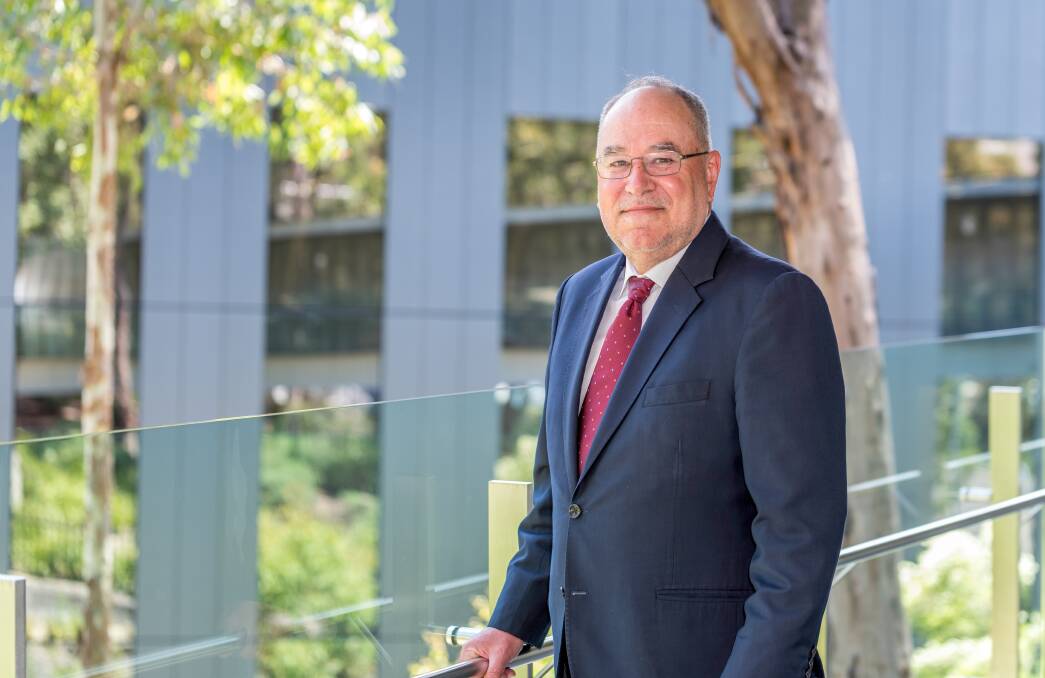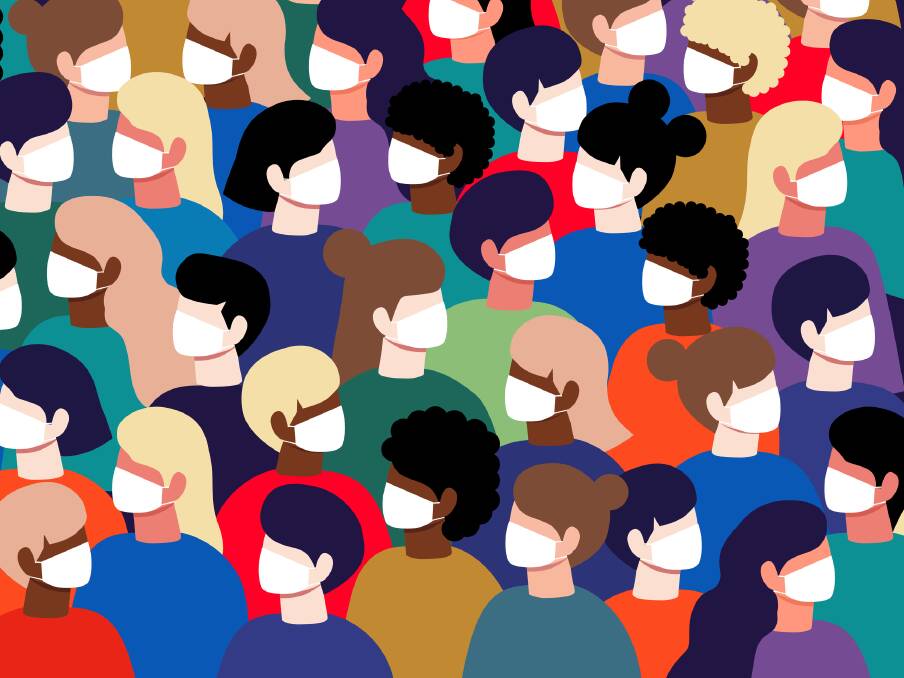
Last week, Queensland authorities released data showing that unvaccinated people are nine times more likely to end up in hospital than those with three shots of a vaccine. This is real-world local data that reinforces what we should already know.
Subscribe now for unlimited access.
or signup to continue reading
Vaccines work.
HMRI decided last year that we would mandate vaccinations for all of our staff and researchers who attend the building. We are continuing this policy in 2022 and expanding to require people to have a booster shot when eligible. As a medical research institute, we must lead by example to protect the most vulnerable in our community, because getting vaccinated is not just about protecting ourselves. I know many other businesses and institutions across the Hunter have also decided to maintain vaccination requirements for both employees and visitors. I applaud you for doing your part to protect our vulnerable populations.
IN THE NEWS:
- Skater narrowly avoids serious injury after run-in with an oncoming vehicle at New Lambton
- A positive RAT: Hazzard calls false reports 'moronic', 'juvenile'
- To Tonga with love: Sione's help across the seas
- Too much on the line for such a risky shot
- Dead in the water: lack of oxygen blamed for Throsby Creek fish kill
As cases continue to grow at an alarming rate, some of us may become complacent. Even if we adopt a grim resignation that most of us will catch COVID eventually, there are still responsibilities to uphold. Some will think that, individually, we should just get it over with? If I am fully vaccinated, what's the point of masks anymore? Why bother with the hand sanitiser? What's the point of getting vaccinated if you can still catch COVID?
Such attitudes are a mistake. Getting vaccinated and boosted provides excellent protection against severe disease. However, even in the double vaccinated, a few people will still get sick enough to require hospitalisation. Because each person and infection is highly specific to the individual, there is no way to know how you will react.
Even if you contract a mild form of the disease, you risk infecting someone who might not be so lucky. This risk is far higher if you abandon good hygiene, isolation, and social distancing practices. HMRI has several vulnerable groups taking part in studies, and we take every caution.
Our New1000 study, for example, includes groups such as pregnant women and newborn children coming in for testing into maternal and childhood health. We know that pregnant women and their babies are at risk of complications due to COVID-19.
It is not just the immune-compromised and frail we need to be concerned about. The number of vulnerable members in the community is larger than you might think. This is one reason why we have mandated vaccinations, mask-wearing, working from home and have enhanced cleaning of our facilities.
The challenge presented by COVID has switched from national and state levels to become a very local responsibility. Now, individual behaviour will determine how communities are affected.
NSW hospitals are under enormous pressure, both with high numbers of infected patients and a lack of staff due to isolation or infection. Many of HMRI's researchers are also healthcare professionals working in hospitals, and I know that many of them are under enormous strain.

Our healthcare workers are doing a wonderful job, as they have for the whole pandemic. Nevertheless, many health services are being postponed, and limitations on visitors have changed the nature of hospitals. Rising infections and people in isolation is affecting the whole community. We have seen the consequences of pressure on supply chains with empty supermarket shelves.
Again, taking individual responsibility to avoid the spread of COVID will impact how the health system and broader community cope.
We need to remain vigilant and redouble our infection prevention measures. We need to keep wearing an appropriate and properly fitted mask when we are around other people. We must continue to wash and sanitise our hands as often as possible. We should continue to work from home if we can, go for takeaway instead of dine-in, and choose the beer garden rather than the indoor bar. Most importantly, we should get vaccinated at the earliest opportunity and continue getting boosters as long as necessary.
This might seem pessimistic; however, after two years of this pandemic, we already have all the tools to minimise our chance of getting infected. The response to the COVID-19 pandemic is a triumph of amazing advances in medical science.
Only 35 years ago, and two years into the HIV pandemic, we didn't even know that it was a virus-mediated condition. Today, two years into the COVID-19 pandemic, we have used our collective knowledge to protect millions from infection with public health measures.
We have produced multiple effective vaccines and already inoculated billions of people. We are winning the fight with the virus, and we will keep winning if we remain focused on what we have learned.
It may be that COVID-19 becomes an endemic disease that most people will get during their life, but we are not there yet. Right now, for our doctors and nurses, for our most vulnerable, we need to try to stop us all from being infected at the same time.
Professor Mike Calford Hunter Medical Research Institute (HMRI) director
Our journalists work hard to provide local, up-to-date news to the community. This is how you can continue to access our trusted content:
- Bookmark: newcastleherald.com.au
- Download our app
- Make sure you are signed up for our breaking and regular headlines newsletters
- Follow us on Twitter
- Follow us on Instagram
- Follow us on Google News

